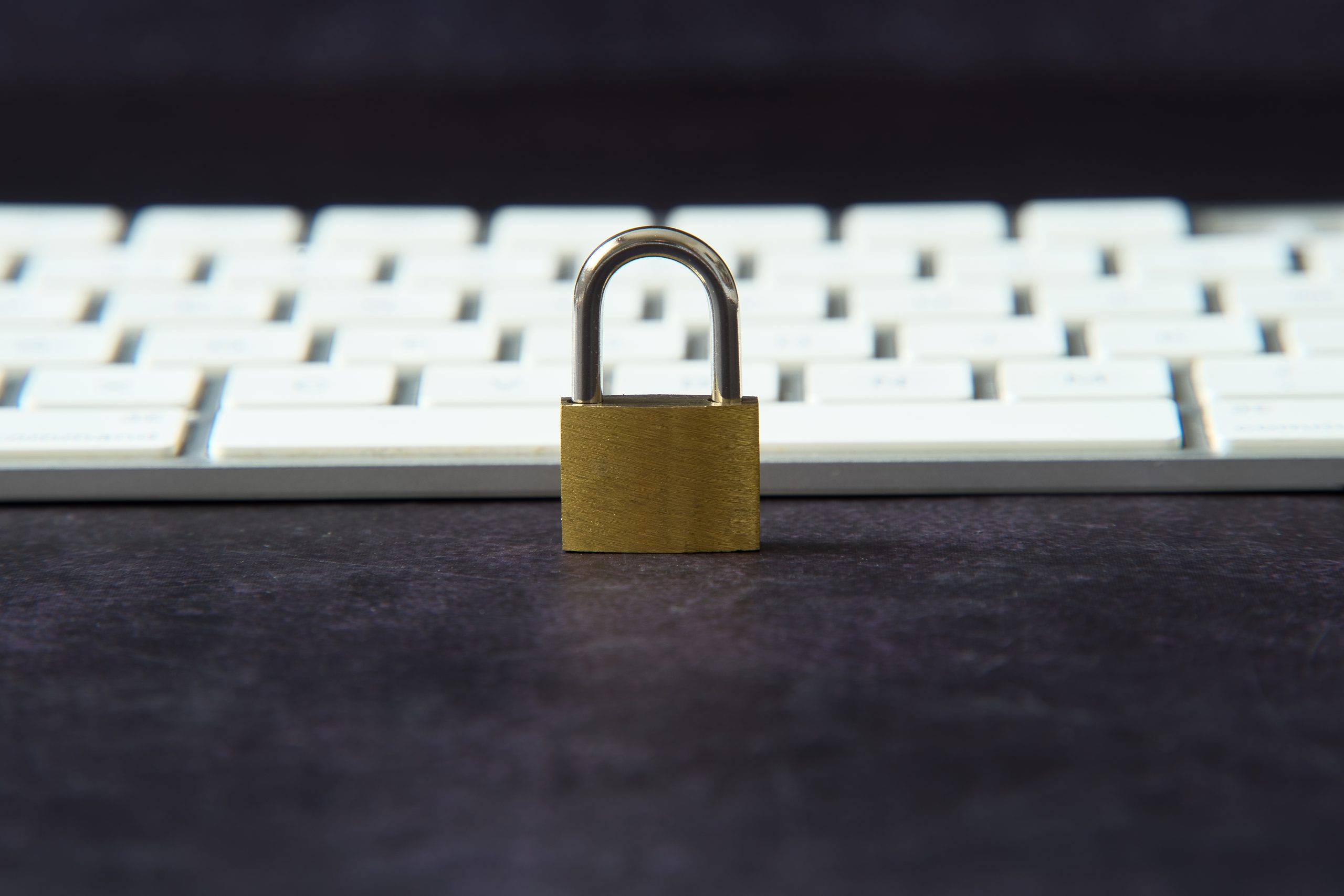Small businesses must prioritize cybersecurity. In today's digital landscape, the threat of data breaches and cyberattacks is a constant and growing concern, and small businesses are often seen as easy targets by cybercriminals.
They need to be proactive if they want to protect sensitive information, prevent data loss, and maintain customer trust.
In this blog post, we look at five areas and best practices that businesses can implement to protect themselves from cyber threats.
Protect identities
Protecting identities is essential for small businesses, as sensitive information can be compromised if an identity is stolen. Two-factor authentication should be implemented for all employee accounts, requiring an additional code or device to verify identity in addition to a password. Encryption should be used to protect sensitive customer information, such as credit card details or personal identification information. A strong password policy should be developed and enforced for all employees, including regular password changes and requirements for complexity to make it more difficult for passwords to be guessed or hacked.
Set up security defences
Small businesses should set up robust security defences to prevent unauthorized access to company information. This includes installing antivirus and firewall software on all company devices, which can detect and prevent malware from infecting the system. Regular updates and patches should be applied to software to address any known security vulnerabilities. Regular security audits should also be conducted to identify potential weaknesses in the system and address them before they can be exploited.
Maintain good IT health
Maintaining good IT health is essential for small businesses to ensure that their systems are running smoothly and free of issues. Regular backups of important data should be taken and stored securely, so that if any data is lost or compromised, it can be easily restored. Disaster recovery and business continuity plans should be regularly tested to ensure that the business can continue to operate in the event of a disaster or security incident. System performance should be regularly monitored to identify and address potential issues before they become major problems.
Train employees
Training employees is important for small businesses to ensure that everyone is aware of best practices and potential threats. Regular cybersecurity training should be provided to all employees, covering topics such as password hygiene, phishing attacks, and social engineering tactics. Phishing simulations can be conducted to help employees recognize and avoid phishing attacks. An acceptable use policy should also be developed and enforced to ensure that employees are using company devices and networks appropriately, which can help prevent security incidents from occurring.
State of readiness
Being in a state of readiness means that small businesses are prepared for potential security incidents and can respond quickly to minimize damage. An incident response plan should be developed and regularly updated to address potential security incidents, including steps to be taken in the event of a breach or data loss. Backup and disaster recovery plans should be regularly tested and updated to ensure that they are effective in the event of an incident. Developing and maintaining relationships with security professionals and law enforcement can also help small businesses respond to incidents quickly and effectively.
No network or system is 100% secure but businesses can do a lot to minimise attack vectors and prevent cybercriminals from causing serious damage. Security is never an expense. It is a wise investment. Bringing onboard a trust partner, like BMIT Technologies, with years of experience and expertise, goes a long way towards achieving this.

